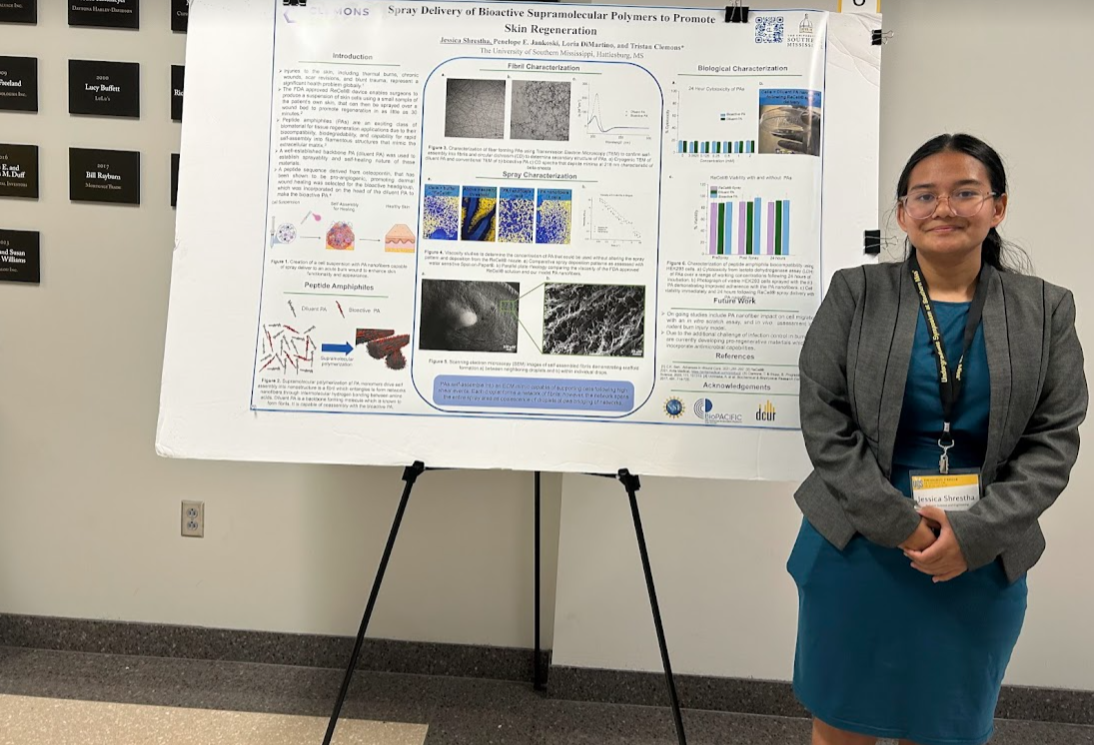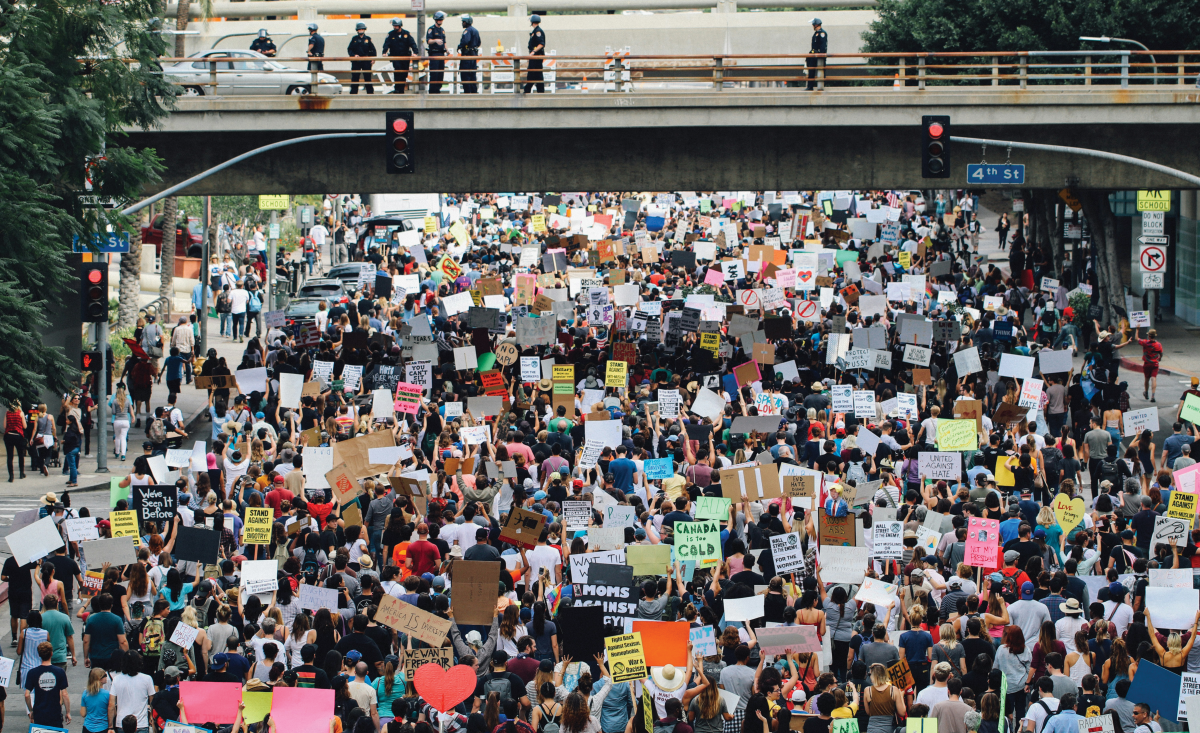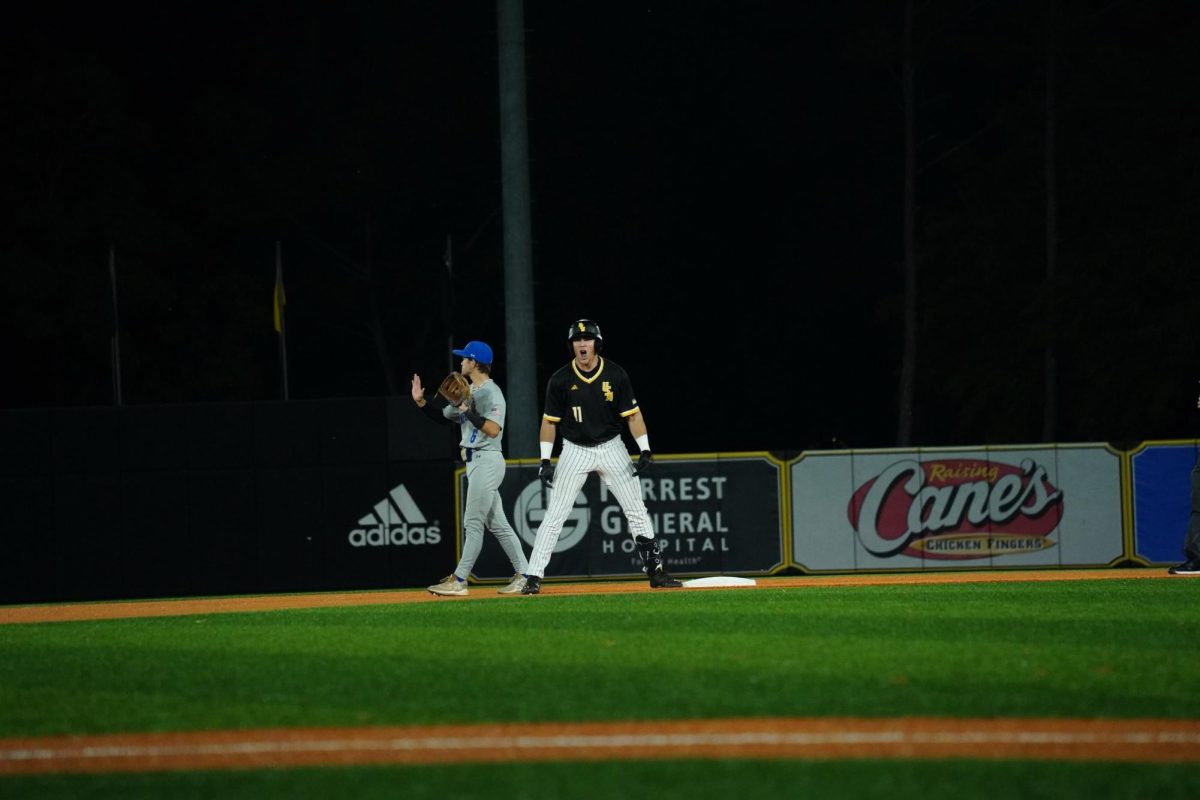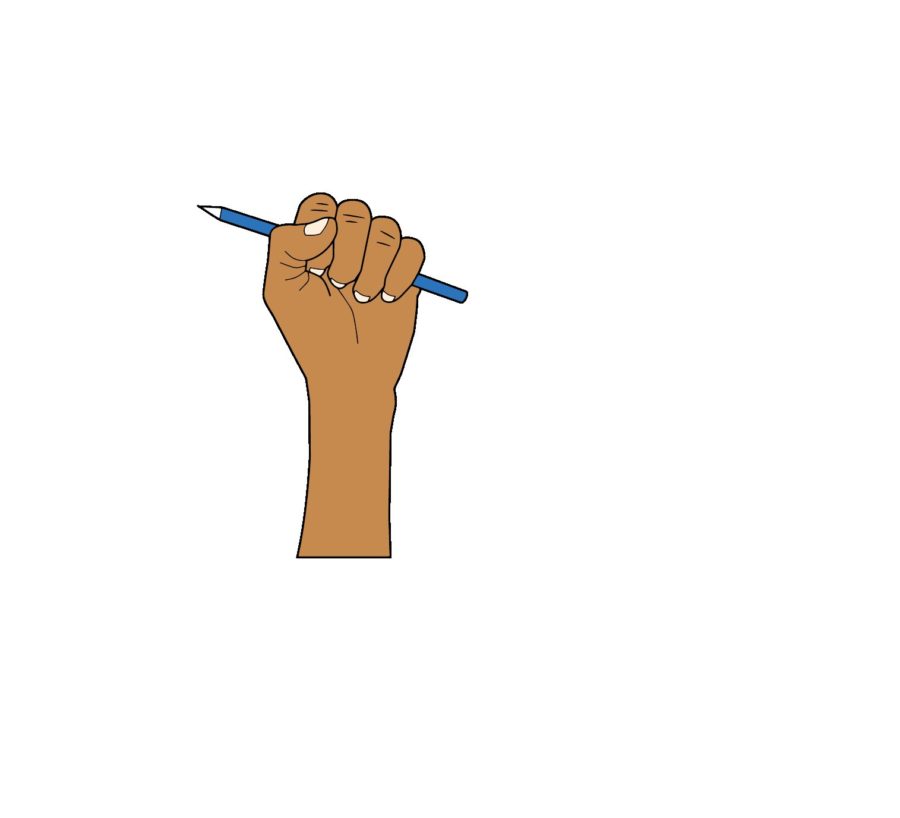THE YOUTH VOICE MATTERS
Klaria Holmes
Teenagers in 1971 wanted the right to vote and felt that the laws in place were restrictive and unacceptable. It’s 2019, and it seems like it’s happening again.
In 1971, the Twenty-Sixth Amendment lowered the voting age from 21 to 18 surrounded by the statement that if teens were old enough to be shipped off to Vietnam, they should be old enough to vote for their national leaders. It is the quickest amendment ratified in U.S. history. At the time, this made sense; teenagers fresh from high school were being shipped off to fight in a brutal war but didn’t have a say in who their national government leaders were. Much like now, students and other teenagers alike were opinionated and wanted their voices heard – without having to wait three years to do it.
Fast forward to now. While we’re not sending 16-year-olds to war, we are facing some of the same dilemmas we were in 1971; the youth have a voice, and it’s one that is increasingly getting louder and should be acknowledged by those in power.
We’re no longer in a time period where the youth is uninformed about politics. The upcoming generations have lived through many experiences that have shaped their political views and have shown that they’re not blind to current issues.
For instance, Greta Thunberg, a 16-year-old environmental activist has inspired and empowered millions to stand with her in her fight against the current climate crisis. At age 16, Thunberg has successfully started a climate change movement, becoming one of the many faces associated with the issue, but she cannot vote. This is a problem. Although she is Swedish, she is amongst millions of teenagers who believe that the current state of government isn’t working, and she can’t do anything about it.
By keeping the voting age at 18, we are silencing a group of people – regardless of beliefs – that are quickly becoming a majority. It’s not fair.
The youth knows what they’re talking about, and giving them the right to vote empowers them to continue fighting for what they believe in. It has also been proven that the youth will show up and vote, if they’re given the chance.
There is a right way to go about lowering the voting age. It would be a step backward to lower the voting age without ensuring that this new influx of voters is informed on current political issues. By mandating required classes for new voters, you ensure that this new, voting-age population is informed to make decisions, regardless of which party they align with. It does nothing to introduce a slew of new voters and not give them the chance to be educated.
EIGHTEEN-YEAR-OLDS ARE A PLAGUE
Brian Winters
If a person cannot drink without getting brain development problems, they probably should not be voting in elections that have an effect on the entire United States. On top of that, a person at the age of 21 would most likely be living on their own or at least have more life experience than someone that is either in high school or just graduated high school.
The current voting age is 18, but honestly, it should have stayed at 21. A March 1970 testimony from Sen. Edward Kennedy shows why Kennedy believes the voting age should be 18.
One of the arguments from Kennedy’s website for lowering the voting age was that 30% of the soldiers in Vietnam at the time were under the age of 21. I know that draft age and voting age are two different things, but it kind of goes hand in hand with the fact I think anyone under the age of 21 should not be allowed to vote or sent off to war.
I do not think some people between the ages of 18 or 20 would be able to think about candidates in a rational way. The University of Rochester Medical Center website said that a teenager’s brain does not fully develop until the age of 25. The University of Rochester also said research has found adult and teen brains work differently, with adults thinking with their prefrontal cortex — the rational part — and teens think with the amygdala — the emotional part.
It might sound like the voting age should be 25, but no, that is too much. If the legal drinking age is 21, the voting age should be too. The Center for Disease Control and Prevention says on their underage drinking fact sheet that people under 21 who drink alcohol can have life-long changes in brain development.
If people can not legally drink alcohol without it messing up their brains, how can we trust them to vote? Twenty-one-year-olds are almost out of college and have had more life experience than an 18-year-old who is in high school or just graduated.
Eighteen-year-olds cannot even start a lawnmower, how can we trust them to vote?






























